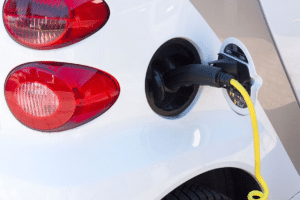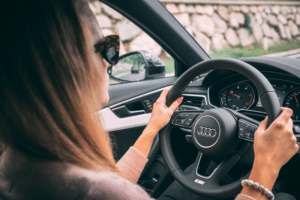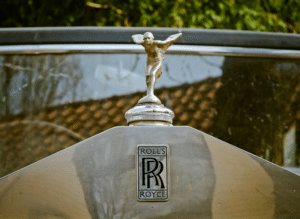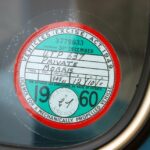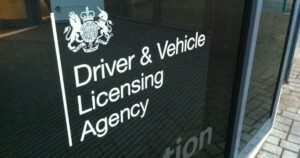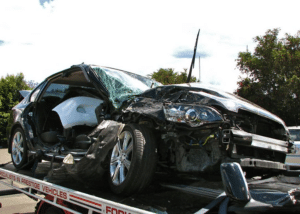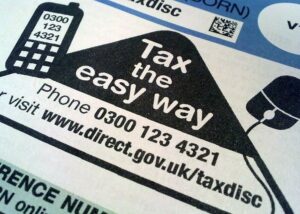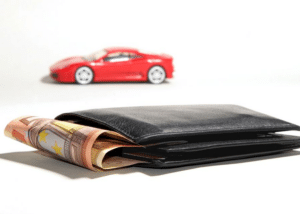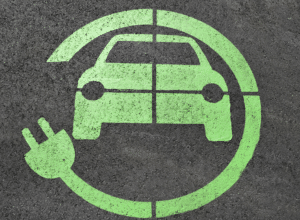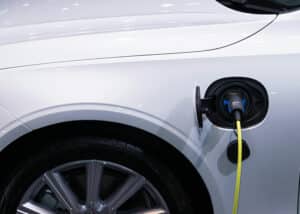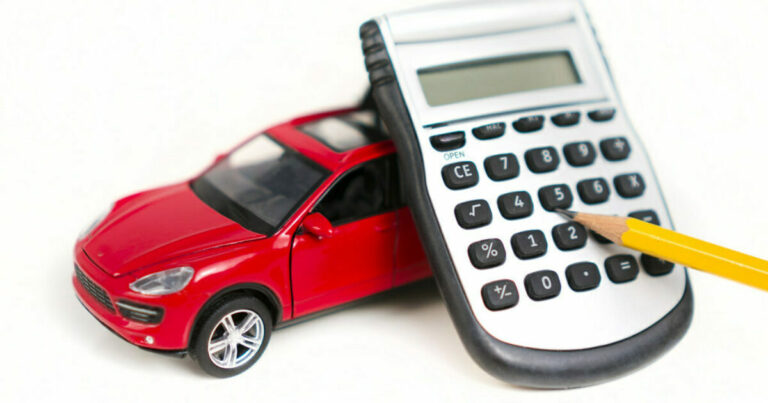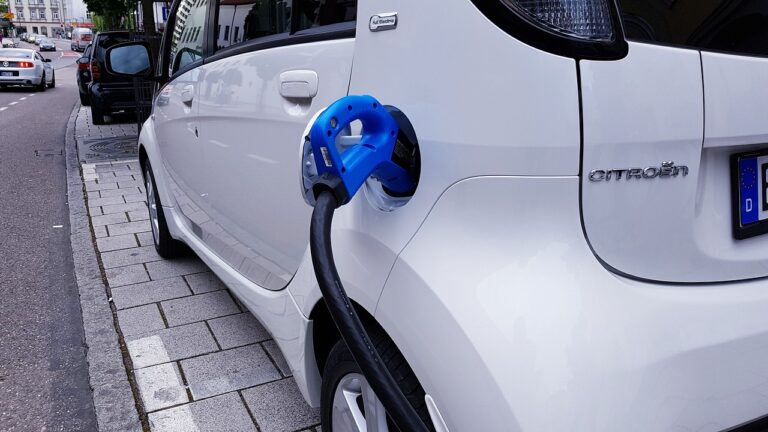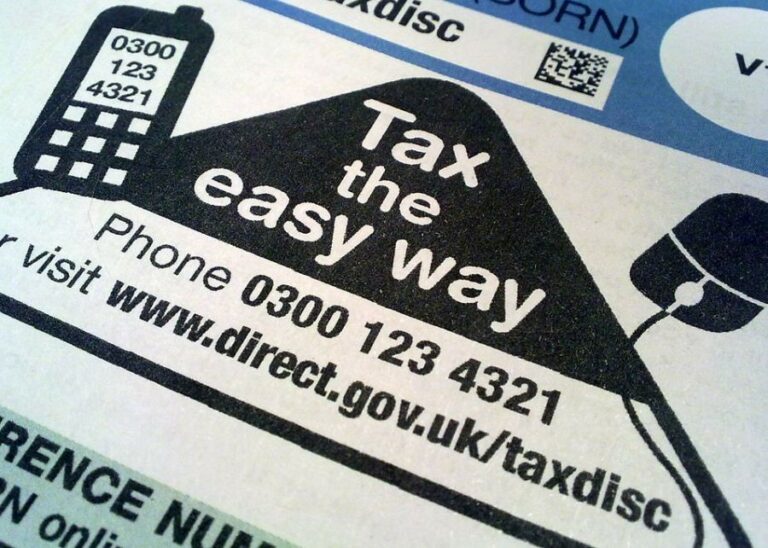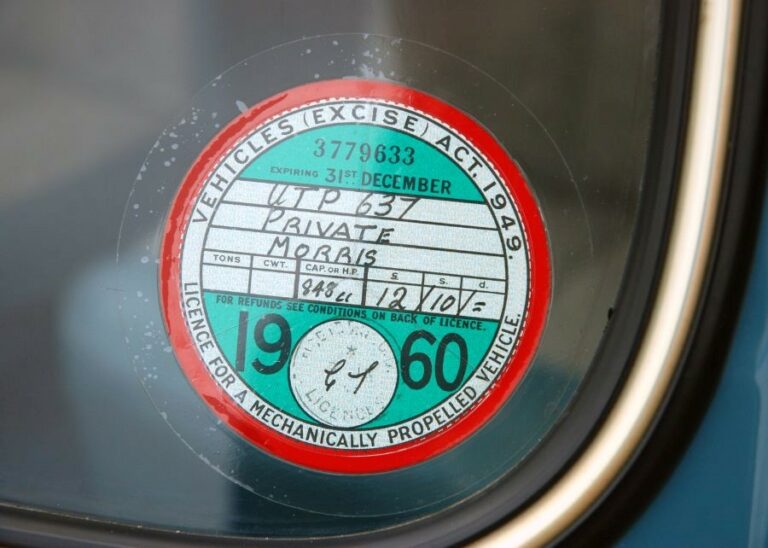How to change the ownership of a car
Once you’ve sold your vehicle, that’s your cue to transfer the ownership as soon as possible. It only take a few minutes to let the DVLA know, so whether you’ve sold your car privately, through a dealership or you’ve scrapped it, you must inform them so that they can update their records.
But how do you officially transfer car ownership? We’ll walk you through the entire process right here.
Who can transfer ownership of a car?
According to New Motors, only a vehicle’s registered keeper can legally transfer a car and its logbook into another name.
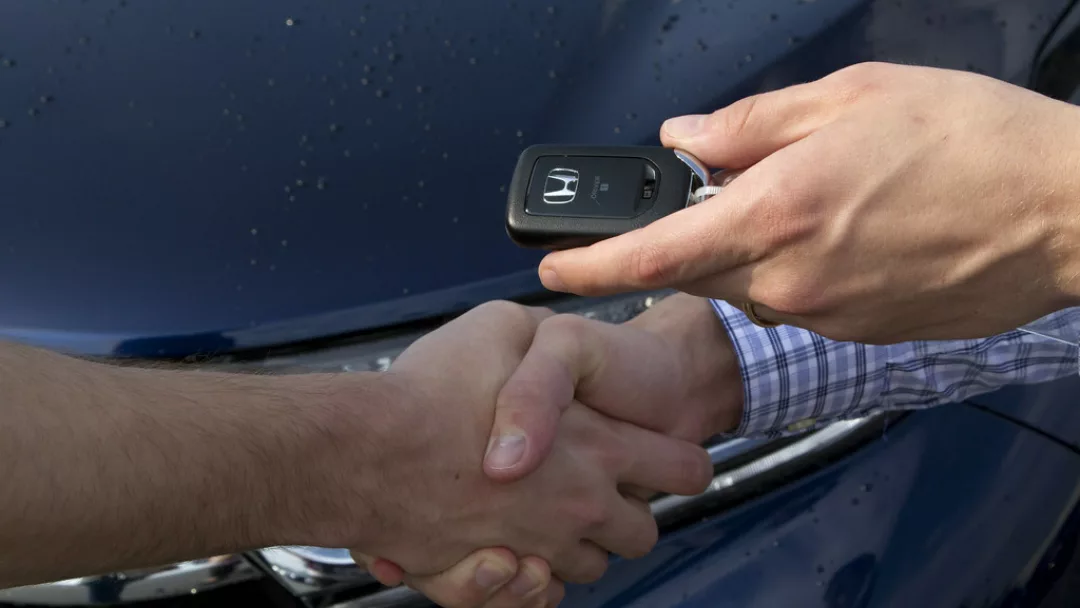
How to find out who is the owner and who is the registered keeper
First things first, ask yourself who is the owner and who is the keeper. Once you’ve cracked this, you’ll be on to a winner. You might think you already know the answer and that this is a really basic question, but AXA has reported that one of the most common misconceptions is that the registered keeper of the car is the owner too, when in fact, they can be different.
What’s the difference between ownership and keeper?
The owner of a car is the person that we refer to who has paid for the car and legally owns it. Therefore, they would have the legal right to sell it too.
The keeper of a car is the person who drives it and is responsible for the vehicle. This will be the person whose name is on the V5C (registration document) and who is legally responsible for the vehicle.
In some instances, the owner of the vehicle could be a company, but the registered keeper would be the person who has the day to day responsibility of the car and would be the person driving the vehicle.
The keeper is essentially the one who would be liable should that vehicle ever get on the wrong side of the law. It doesn’t matter who paid for the car, whoever’s name is on that V5C form is responsible for all things relating to that car, including tax, insurance, MOT, says Confused.com. So if you’re the keeper and you’re car has been caught speeding, even if you weren’t driving, you’ll still be liable.
Who needs to complete the V5C
These days, many people refer to the car registration document or the logbook, when we talk about the name of the legal document that has the keeper’s name on it, but the actual name for this document is the V5C certificate.
If you’ve ever seen a V5C certificate then you’ll know what it looks like, it’s basically a fancy document that is issued by the DVLA when a car is registered for the very first time. Going forward, each time there is a new owner, the car’s V5C will have to be changed and sent back to the DVLA. As annoying as this sounds, sadly, it is true and something that you will have to do. Once you’ve done this, a new one will then be issued to the new owner.
You’ll need to complete the V5C paperwork, not with your current owner’s details, because they should already be on the V5C, rather with the new owner’s details within section 2. This is headed ‘Selling or transferring my vehicle to a new keeper.’
Finished writing that? Great, you can post the logbook to the DVLA and the new owner should receive their new logbook from the DVLA within 4-6 weeks.
How to transfer car ownership online
Although there is a bit of paperwork involved in completing that V5C, that’s pretty much all there is to it. Believe it or not, you can actually apply to transfer the ownership of a vehicle through the DVLA online on their website.
It’s easier and faster than you might have thought and we’ll tell you how.
According to Your Car, to transfer ownership online, you will need:
- details of the new owner
- the 11-digit reference number from the car’s V5C
Once this form has been completed, you’re sorted. You and the new owner will receive a confirmation email to the new owner’s email address and the new V5C will be sent to the owner as soon as possible.
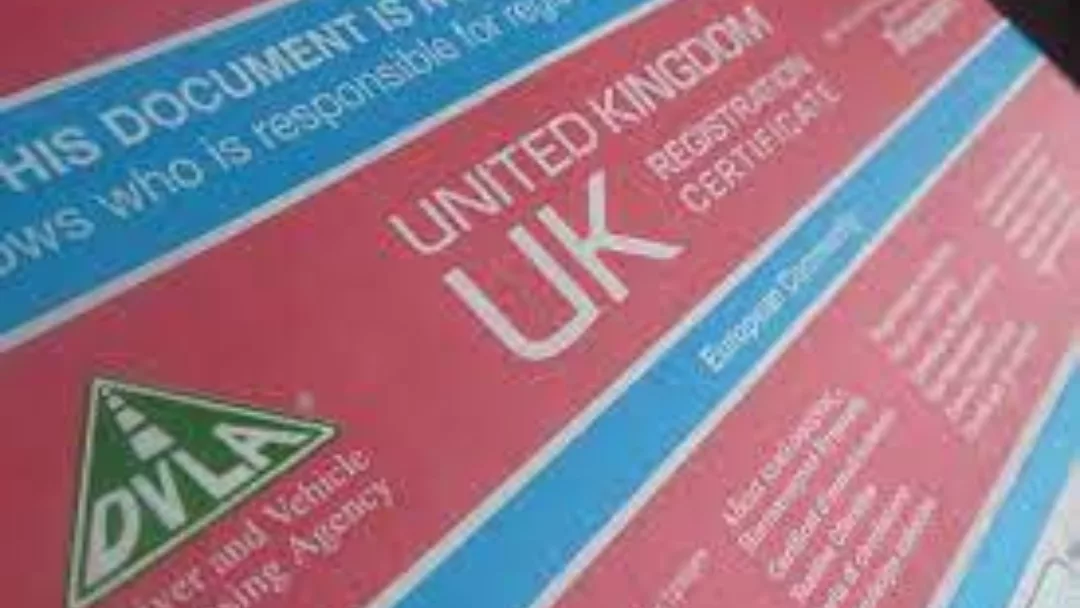
How to transfer car ownership by post
If you prefer to do things offline, then rest assured that you can transfer vehicle ownership the “old fashioned” way and do it by post instead.
Transferring car ownership by post is easy, and here’s how:
- Get your copy of the V5C certificate
- Complete section on the new keeper details, such as their name and address in the correct boxes to notify the dvla of the new legal keeper
- Tear off the green New Keeper slip, fill out the date of sale/transfer and hand the slip to the new keeper of the car.
- Post the remainder of the V5C to the ‘DVLA, Swansea, SA99 IBA’.
- A brand new physical vehicle logbook will be sent to the new official keeper in a few weeks and it’s that simple.
How to transfer ownership to a dealer or scrap yard
When you’re transferring ownership of a vehicle, there’s one thing that you should be aware of. Each time that a vehicle is transferred to a new owner, the number of owners increases by one. However, this does not increase when it is sold to a dealer or a trader. The good news is, you don’t need to fill out section 6 on the V5C when selling to a dealer. Instead, you just need to fill out section 4, tear it off, and send it to the DVLA.
With the rest of the document, you just need to give this to the trader. This is also the same process when it comes to selling for scrap too.
Now that you know all about how to transfer the ownership of your vehicle, we hope that we’ve left you feeling more confident with the process and that it’s not as scary as you might first think.
If you want to look online and you’re thinking about selling your car to an online car buying comparison site like us, we would be more than happy to help you with that. Just head over to our valuation page to find out how much your car is worth and how easy it is to transfer ownership.
Transfer of car tax
Whoever’s name is on the V5C as the registered keeper of the vehicle is responsible for taxing the car too. Car tax is sadly something that cannot be transferred.
Thanks to the new rules that came into force in 2014, which stopped the issuing of tax discs and allowed car sellers to get a refund on the remaining tax left on the sold car when there is a change of ownership, you’ll need to tax the new car that you’ve just bought. Car taxing isn’t something that is done automatically when you buy a new car and if it isn’t done, you could find yourself getting into trouble with the law.
Once you’ve purchased your new car, you’ll need to set yourself up on the car tax for it through Government’s Tax Your Vehicle portal, or call the DVLA, or you could find a Post Office that deals with vehicle tax and pay for it.
Failing to notify the DVLA of a car ownership transfer
As the previous owner, you’re legally required to inform the DVLA. If you don’t let the DVLA know that there has been a change of car ownership you could find yourself ending up with a fine of £55, which is reduced to £35 if paid within 17 days. If you ignore it, you could end up in court with a fine of up to £1,000.
If you don’t let the DVLA know about the change of car ownership, you would still be held accountable should your old vehicle be involved in an accident. The reason for this is that you would still be logged as being the registered keeper. As you would still be legally registered as the legal keeper of your old car you would also be accountable for any speeding fines and parking tickets that the vehicle incurred until you complete the official process and changed the person named as the keeper. The responsibility of completing the change of ownership is that of the seller or current car’s owner not the purchaser, therefore it is extremely important when selling a car and or changing car ownership that you complete the new keeper slip with the new owner’s name and associated details and submit it to the DVLA promptly to protect yourself and ensure the official transfer of ownership is completed.
Jamjar.com makes selling your car quick, easy, and hassle-free. By comparing offers from a trusted network of UK car buyers, you get the best price without the stress of negotiating or haggling. There are no hidden fees, no obligation to sell, and the entire process is 100% online. Whether your car is nearly new or well-used, Jamjar helps you sell it fast and for a fair price—saving you time and effort.
SELL YOUR CAR HERE: https://www.jamjar.com/sell-my-car/



















